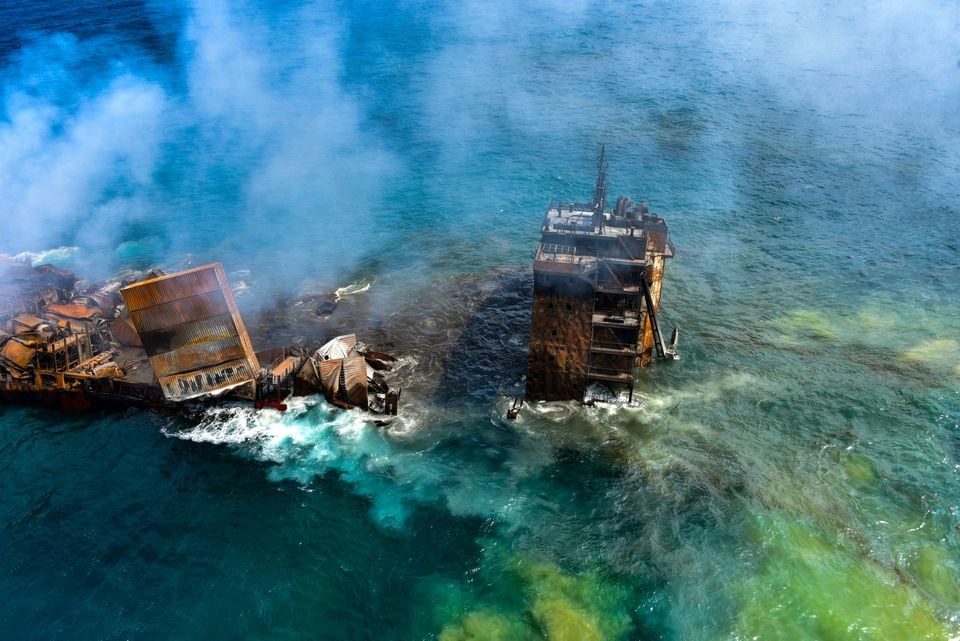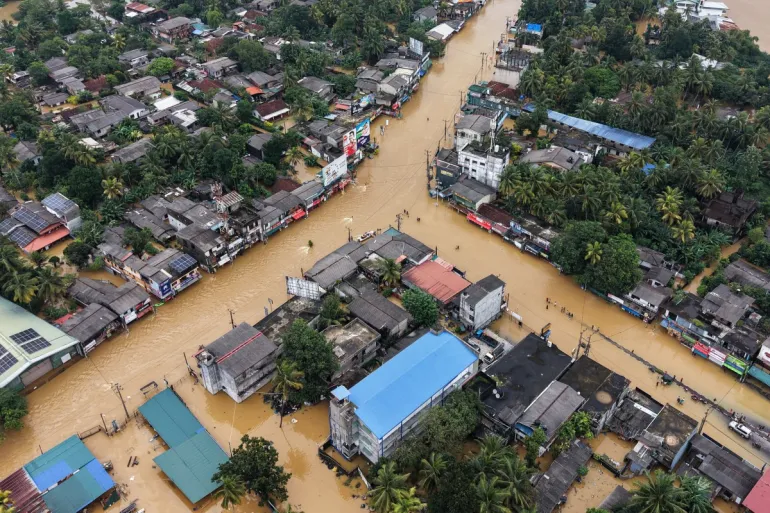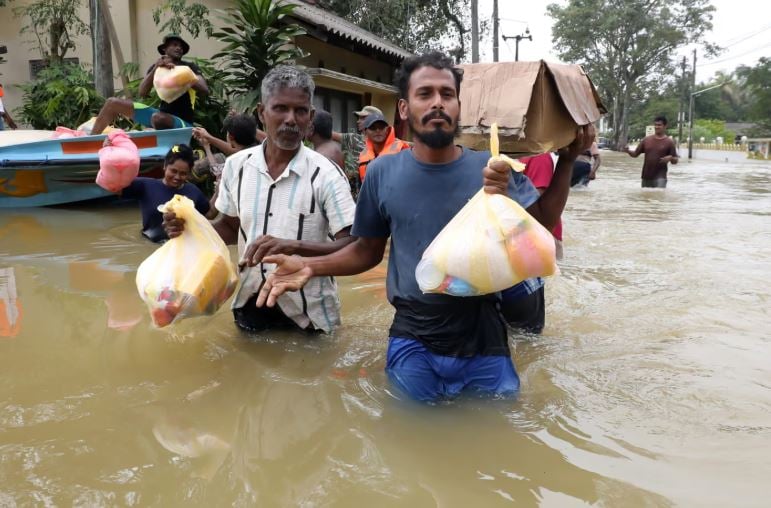Sri Lanka is facing the worst environmental disaster in its history after a cargo ship carrying chemicals caught fire off its coast with the possibility of an oil spill after a cargo ship laden with chemicals sank off its western coast.
The cargo ship, MV X-Press Pearl, was anchored off the port city of Negombo when a fire erupted on board after an explosion on May 20. It was carrying 1,486 containers, including 25 tonnes of nitric acid along with other chemicals and cosmetics. It contains 278 tonnes of bunker fuel oil, 50 tonnes of gas oil, and about 20 containers full of lubricating oil.
Although the Emergency crews contained the blaze, the ship began to sink early on Wednesday.
Experts fear hundreds of tonnes of oil in the ship's tanks could devastate nearby marine life and beaches. Oil dispersants, booms, and skimmers are being readied, they say.
Meanwhile, the ship's operators, X-Press Feeders, said in a statement on Thursday there were still no signs any of the 350 tonnes of fuel oil had leaked from the ship, and that much of the toxic cargo had been incinerated in the fire.
But photos from the country's coast guard showed a layer of green film blanketing the ocean surrounding the vessel. Pollution from the ship, including millions of plastic pellets that are the raw material for shopping bags, has already coated Sri Lanka's western coastline. Following this, the government of Sri Lanka has banned fishing along an 80-kilometer stretch of the coast.
In addition, Sri Lanka has launched a criminal investigation into the disaster and the government says it will seek compensation. Authorities in Singapore have also launched their own inquiry.
The cargo ship, MV X-Press Pearl, was anchored off the port city of Negombo when a fire erupted on board after an explosion on May 20. It was carrying 1,486 containers, including 25 tonnes of nitric acid along with other chemicals and cosmetics. It contains 278 tonnes of bunker fuel oil, 50 tonnes of gas oil, and about 20 containers full of lubricating oil.
Although the Emergency crews contained the blaze, the ship began to sink early on Wednesday.
Experts fear hundreds of tonnes of oil in the ship's tanks could devastate nearby marine life and beaches. Oil dispersants, booms, and skimmers are being readied, they say.
Meanwhile, the ship's operators, X-Press Feeders, said in a statement on Thursday there were still no signs any of the 350 tonnes of fuel oil had leaked from the ship, and that much of the toxic cargo had been incinerated in the fire.
But photos from the country's coast guard showed a layer of green film blanketing the ocean surrounding the vessel. Pollution from the ship, including millions of plastic pellets that are the raw material for shopping bags, has already coated Sri Lanka's western coastline. Following this, the government of Sri Lanka has banned fishing along an 80-kilometer stretch of the coast.
In addition, Sri Lanka has launched a criminal investigation into the disaster and the government says it will seek compensation. Authorities in Singapore have also launched their own inquiry.


















